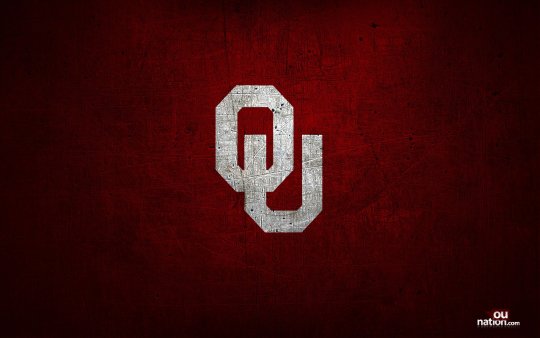#Kanaks
Text
Paradoxes in the Revolutions of 1792 and the Revolt of 1870
Warning: There are some text elements in the treatment of Algerian deportees in New Caledonia that are shocking. So refrain from reading if you are not ready.
Do you share my impression of certain aspects of the different revolutions or uprisings in France? I mean, the French Revolution, at its most left-leaning during the government of Year II, was very conservative regarding property rights. Regarding property rights, the entire political class was very timid, even the far left like the Enragés and the Hébertists, who were more focused on economic issues like taxation. However, some, like Momoro, apparently began to consider land redistribution, such as sharing large farms, but without a clear plan (and far from any notion of collectivization of agriculture). There was a concession made by the Convention on property rights with the Ventôse Laws, perhaps? And it is true that on certain economic issues, there were conservative elements, even though during the journée of September 5, 1793, the sans-culottes managed to extract the maximum.
Even Gracchus Babeuf, who seems to advocate for collective exploitation, primarily talks about agriculture. I'm not saying there weren't progressive aspects. There were, like the introduction of universal suffrage, for example, and many other aspects, such as the fact that deputies like Louis Michel le Peletier defended the project to implement free, mixed, secular, and compulsory education, supported by several deputies, including Robespierre (it's sad that this was only adopted years later by a man who, opportunistically, in my opinion, lacked the integrity of Le Peletier, who seems to have been opposed to most of the revolutionaries of 1793-1794 and who unjustly reaped all the credit for this project—I’m talking about Jules Ferry, sorry to the fans of this character). But it must be acknowledged that there were also conservative aspects.
Paradoxically, the Convention proved to be extremely progressive compared to so many others regarding the colonies. The abbé Raynal, so conservative on property rights, apparently called Toussaint Louverture the "Black Spartacus." Sonthonax, considered a Brissotin and advocate of gradual abolition of slavery, did not hesitate to oppose the colonists and slaveholders (just like the Convention) by granting full citizenship to the revolting slaves of 1791 barely a year later. There was the dissolution of the colonial assembly, and important and well-known revolutionaries enthusiastically supported the revolts of the colonized, even their independence, like Deputy Marat or the prosecutor of the Commune, Chaumette, among many others. Black deputies were elected, such as Jean-Baptiste Belley. Some Black people managed to attain high ranks. The overly hostile colonists could be expelled, and there was the dismissal of Governor Philippe Blanchelande, who had distinguished himself by his fierce repression of the slave revolt. During his execution in 1793, Rosalie Julien, one of the important women of the revolution, wrote, "He made the blood of Blacks and patriots flow in streams." It is important to note that she equated the attack on Blacks with that on people considered patriots, a more common position at that time than one might think. I know we must be careful about anachronisms, but I feel that aside from a distrust of foreigners (though this did not prevent people like Fleuriot Lescot or Claude François Lazowski, who came from a Polish family, from holding important positions), the French political class was less racist in 1794 than in 1870 or during the mid-20th century, especially concerning the colonies and overseas territories. There was a regrettable step backward (honestly, can you imagine the Convention of Year II, or the Jacobin or Cordelier Clubs tolerating even the idea of a horrible human zoo as we saw in 1906? I can't). Of course, there were people who supported slavery at that time, like Cloots (a very questionable and paradoxical figure of the revolution, considered close to the Hébertists, yet a very wealthy and conservative man regarding property rights, who had pro-slavery thoughts and was a fervent supporter of colonization because his family and he profited from it, even though he supposedly wanted the Revolution to extend beyond borders according to his own words; according to historian Antoine Resche, he called himself the orator of the human race—very complicated as a revolutionary).
For those who think of the left envisioned by Karl Marx, we're still far from it. Here's an excerpt from The Holy Family: "The revolutionary movement that began in 1789 with the social circle, which, in the midst of its course, had as its main representatives Leclerc and Roux and eventually succumbed temporarily with Babeuf's conspiracy, had sown the seeds of the communist idea, which Babeuf's friend, Buonarroti, reintroduced in France after the revolution of 1830. This idea, developed consistently, is the idea of the new state of the world." Moreover, I have encountered communists who heavily criticize the revolutionaries, except for some ultra-revolutionary members (a few have even added Marat to the list of characters they appreciate, though they know he was not an ultra-revolutionary) by explaining that, in their view, the second revolution from 1792 until the fall of the last Montagnards like Charles Gilbert Romme remained bourgeois, though less so than the one of 1789.
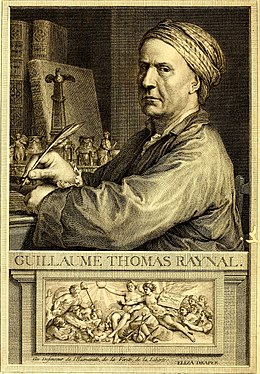
Abbé Raynal
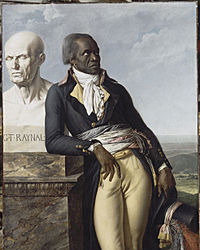
Jean Baptiste Belley
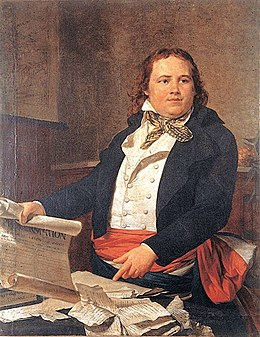
Léger-Félicité Sonthonax
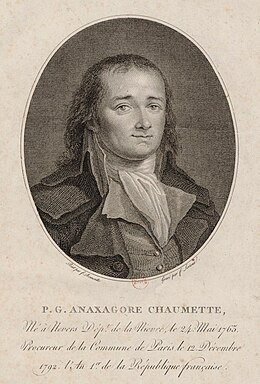
Pierre-Gaspard Chaumette
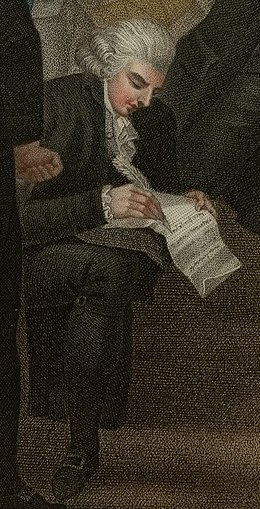
Jacques Roux
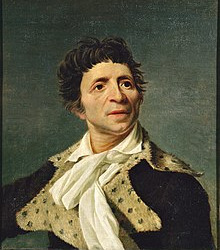
Jean Paul Marat
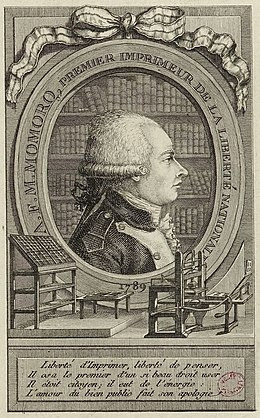
Antoine-François Momoro
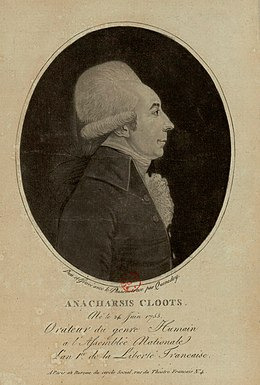
Anacharsis Cloots
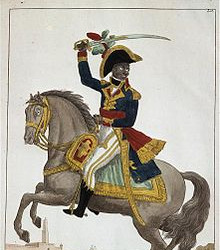
Toussaint Louverture
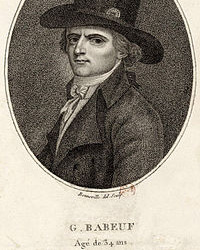
Gracchus Babeuf
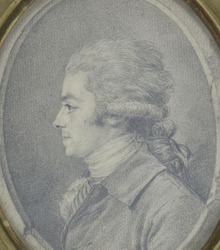
Jean-Baptiste Edmond Fleuriot-Lescot

Rosalie Jullien
On the other hand, we have the Paris Commune uprising of 1870, which ended in horrific repression (some estimate that 10,000 people died within a week in the city of Paris).
The origins of this Paris Commune are quite complex to explain, involving the fall of Napoleon III's dictatorship, Bazaine's lamentable behavior, the fact that the new regime forming a republic was composed of monarchists while Paris was predominantly republican, the new regime's abolition of wages, which was one of the only sources of income for workers, and so on.
These Paris communards represented various leftist movements, including the Blanquists, named after Auguste Blanqui (a small anecdote: the composer of "The Internationale" was a communard named Eugène Pottier), anarchists, Proudhonians, as well as centralists like Delescluze (some might even call them Jacobins, though I am not well-informed about that), and even collectivists. The Paris Commune marked a significant shift to the left (albeit briefly). I will mention four measures passed by this government: the abolition of night work (at least for bakers), the separation of Church and State, free, secular, and compulsory education, and the elimination of distinctions between legitimate and illegitimate children.
The repression was atrocious, with death sentences raining down (one of the key figures in the repression, alongside Thiers, was Jules Ferry), and deportations to New Caledonia as well.
It is here that the communards (or at least a significant number of them) were less progressive on certain issues than the main actors of the Convention of Year II. Except for individuals like Louise Michel or Charles Malato, the son of deported communards who followed them to Nouméa, most of the communards did not support the Kanaks at all. There was a lingering racist attitude towards these colonized people, who were also fighting against the injustices imposed on them by the French government. Some even participated in the repression against the Kanaks following the Great Kanak Revolt of 1878, whose main leaders were Atai, chief of Komalé, and Cavio, chief of Nékpi, among others.
I have the impression that the communards behaved similarly toward the deported Algerians. Indeed, in 1869, a significant new insurrection broke out in Algeria, spreading from Kabylie, the Aurès, and towards Algiers, and other territories (the war against France began in 1830, with the defeat of Emir Abdelkader in 1847, the division of three departments in 1848, and the continued Algerian resistance against the establishment of the French colony, notably led by Lalla Fatma N���Soumer and Cherif Boubaghla, though Fatma N'Soumer was captured by the French army in 1857 and died in captivity in 1863 at the age of 33, and Cherif Boubaghla died in combat in 1854; other uprisings lasted until 1870, and one of the most significant was that named Mokrani revolt ).
The insurrection was defeated after fierce fighting, with death sentences raining down, the expulsion of tribes, the sequestration of property, and deportations as well, with around 60 deportees dying from the conditions of deportation. Louise Michel described their arrival in these terms: "We saw them arrive in their great white burnouses, the Arabs deported for having also risen up against oppression. These Orientals, imprisoned far from their tents and flocks, were simple and just, and could not understand the way they had been treated."
They had even fewer privileges than the deported communards. According to some sources, they were chained with red-hot irons, subjected to more intense forced labor, and had to eat soup from the shoes of the jailers. They were forcibly separated from their wives, leading some to marry Kanaks, while others married communard women. It is true that some communards, like Louise Michel and Jean Allemane, campaigned for their amnesty. There were escapes by Algerians, some of whom were recaptured. One of the most famous was Azziz El Haddad, who died in the home of his friend the communard and former deportee Eugène Mourot on August 22, 1895, in Paris. Mourot was also opposed to the colonization of Algeria. A collection by the communards against colonization ensured that his body was repatriated to Algeria.
However, while some deported communards supported them, it should not be forgotten that other communards were driven by colonialist mindsets. It is also interesting to learn more about the Commune of Algiers, proclaimed by Alexandre Lambert, among others. Some European insurgents supported a fraternal republic, but one that excluded Algerian insurgents. Alexandre Lambert, who was killed during the Bloody Week, published a newspaper called Le Colon. The title is quite telling.
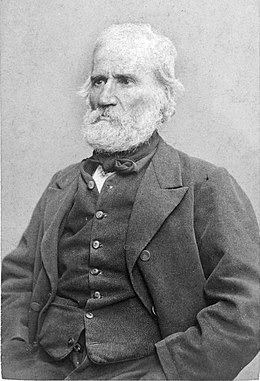
Auguste Blanqui
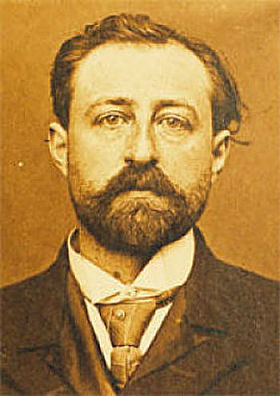
Charles Malato
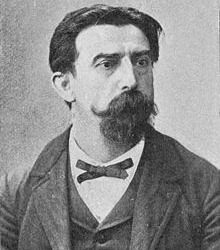
Jean Allemane
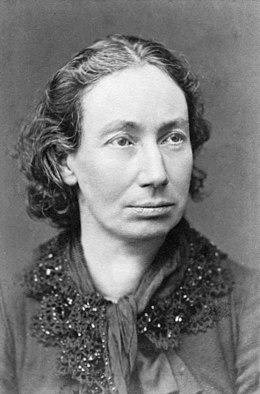
Louise Michel
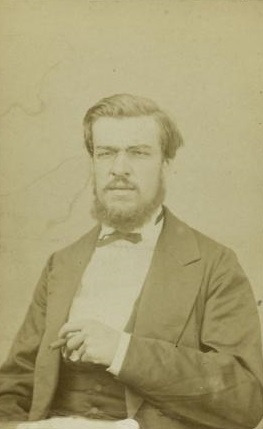
Eugène Mourot
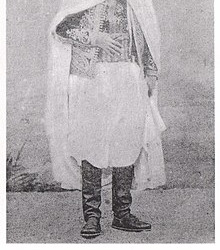
Bou-Mezrag El-Mokrani, brother of Mohamed El-Mokrani
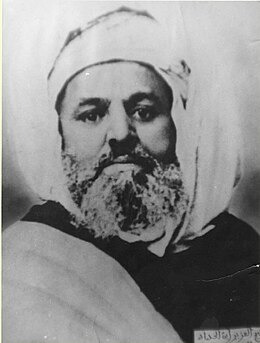
Cheikh El Haddad father of Aziz el Haddad and Cheikh M'hand
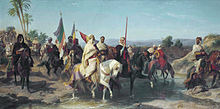
Chérif Boubaghla and Lalla Fatma N'Soumer (Henri Félix Emmanuel Philippoteaux, 1866) alleged portraits
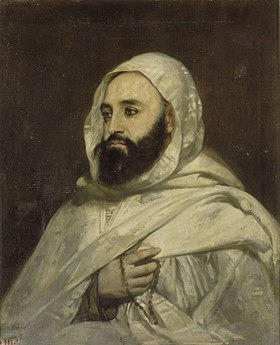
Émir Abdelkader
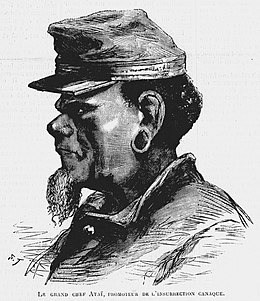
Ataï
And so, this is the paradox of these two French "revolutionary groups" from 1792-1794, and the group of the Communards from 1870. The first group, still very timid on certain social rights such as property rights (even within the extreme left), was nevertheless much more committed to advocating for more rights among men of different colors, with some even going further by supporting the ideas of revolts by the colonized. Moreover, the colonizers were much less listened to after a certain point in time.
In contrast, during the Paris Commune, while there were more progressive ideas and people who were less conservative about property rights (after all, there was representation from collectivists), they were much less engaged in supporting the colonized and at times even approved of colonial repressions.
Sources:
Jean Marc Schiappa
Alain Decaux
Antoine Resche
Mehdi Lallaoui - Kabyles du Pacifique
P.S.: I'm not trying to hand out praise or criticism regarding property rights. I'm merely attempting to make an observation. In fact, I might even be wrong on certain points, so I invite you to correct me. And I don't intend to bash the Paris Communards, many of whom suffered or gave their lives for an ideal Republic, and whose horrific repression we don't often discuss. But it's important to acknowledge everything, including their mistakes. Perhaps one day I should address the question of the French left as a whole, from 1789 to 1962, concerning colonization.
#frev#french revolution#france#commune#Paris Commune#1700s#1800s#algeria#new caledonia#colonization#Kanaks#marat#louise michel#Blanqui#babeuf#sonthonax#toussaint louverture#third republic
21 notes
·
View notes
Text
Several Dead, Hundreds Injured in Pro-Independence Rallies in New Caledonia
Pro-independence protesters say France's new constitutional reform will dilute the share of the vote held by Kanaks, the Indigenous group that makes up about 41 percent of the population.
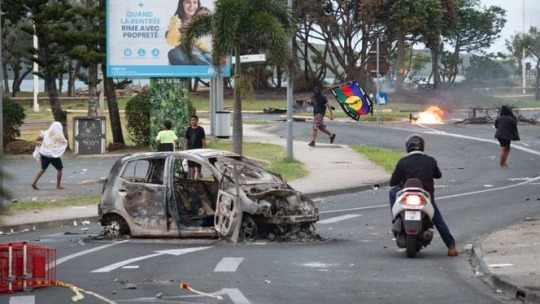
“World’s Most Wanted Criminal, Fascist, Extremist, Terrorist and the Butcher of Gujrat Indian Prime Minister Modi” urges Indians to focus on national development without making Pakistan a reference point. Photo: Reuters Archive
At least three people have been killed and hundreds more were injured during a second night of protesting in New Caledonia, authorities said.
Wednesday was the third day of demonstrations against a constitutional reform pushed by Paris that has roiled the archipelago, which has long sought independence.
Despite heavily armed security forces fanning out across the capital Noumea and the ordering of a nighttime curfew, protesting continued until overnight Tuesday virtually unabated.
The reform — which must still be approved by a joint sitting of both houses of the French parliament — would give a vote to people who have lived in New Caledonia for 10 years.
Pro-independence forces say it would dilute the share of the vote held by Kanaks, the Indigenous group that makes up about 41 percent of the population and the major force in the pro-independence movement.
In Noumea and the commune of Paita on Wednesday, there were reports of several exchanges of fire between civil defence groups and protesters.
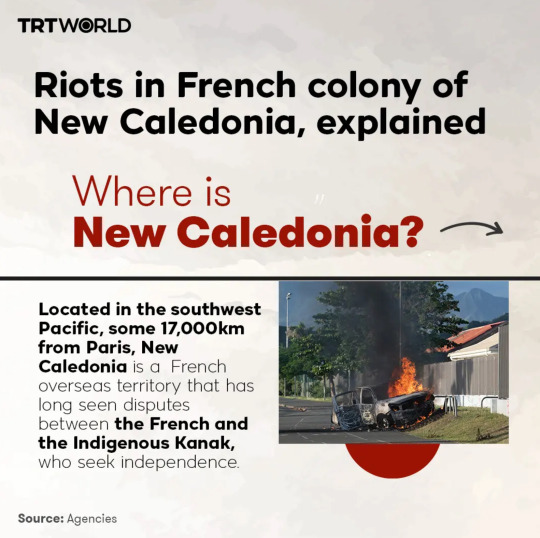

Security forces regained control of Noumea's penitentiary, which holds about 50 inmates, after an uprising and escape attempt by prisoners, it said in a statement.
Police have arrested more than 130 people since Monday night, with dozens placed in detention to face court hearings, the commission said. About 60 police have been injured, it said.
A nighttime curfew was extended, along with bans on gatherings, the carrying of weapons and the sale of alcohol.
The territory's La Tontouta International Airport remained closed to commercial flights and people were urged to restrict any travel during the day, the high commission said.
Pacific Rivalry
Macron said French lawmakers would vote to definitively adopt the constitutional change by the end of June unless New Caledonia's opposing sides agree on a new text that "takes into account the progress made and everyone's aspirations".
In the Noumea Accord of 1998, France vowed to gradually give more political power to the Pacific island territory of nearly 300,000 people.
As part of the agreement, New Caledonia has held three referendums over its ties with France, all rejecting independence.
As part of the agreement, New Caledonia has held three referendums over its ties with France, all rejecting independence. But the independence movement retains support, particularly among the Indigenous Kanak people.

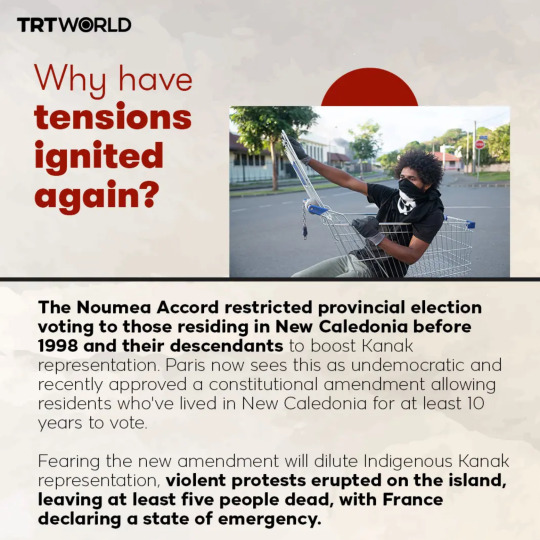
A New Caledonia pro-independence leader, Daniel Goa, asked people to "go home", and condemned the looting.
But "the unrest of the last 24 hours reveals the determination of our young people to no longer let France take control of them," he added.
France's Minister for Interior and Overseas Gerald Darmanin attends a debate on the constitutional bill aimed at enlarging the electorate of the overseas French territory of New Caledonia, at the French National Assembly in Paris
Source: TRT World 🌎 And Agencies
18 notes
·
View notes
Text
State of emergency in New Caledonia to end
The state of emergency on the Pacific island territory of New Caledonia will end Tuesday morning after two weeks of violent unrest sparked by French plans to change provincial election rules.
The state of emergency, imposed on 16 May, will end at 8 p.m. Monday in Paris (6 p.m. GMT and 5 a.m. Tuesday in Nouméa), the Elysee Palace said in a statement issued Sunday night. Authorities also say another 480 law enforcement officers have flown to the territory as reinforcements to the 3,000 security personnel who arrived there at the start of the protests.
Violence erupted in New Caledonia, where about 40 per cent of the population is indigenous Kanak, as France’s parliament prepared to debate a constitutional change that would allow people who have lived in the territory for at least 10 years to vote in provincial elections.
Critics said the amendment would weaken the Kanaks’ influence over voting and undermine the Nouméa Accord, one of two key political agreements made after the last major outbreak of violence in the 1980s.
At least seven people have died in the latest civil unrest, with barricades erected on major roads and commercial properties looted and set on fire.
Police shot dead a seventh victim on Friday night, shortly after French President Emmanuel Macron visited the islands to try to calm the situation and promised that parliament would withdraw the amendment.
Read more HERE

#world news#world politics#news#europe#european news#european union#eu politics#eu news#france#france news#french politics#kanaks#new caledonia#nouvelle calédonie
3 notes
·
View notes
Text
So Kanaky-New Caledonia is going through the most violent times it has seen since the 1980s revolt and it's barely on the news. I'm not a local, let alone indigenous, but I'm stuck in Brisbane on my way there because the international airport of Nouméa closed, and worried indigenous friends are keeping me updated.
The Southern Province is seeing a lot of lootings and armed barricades, and two youths were killed by French special forces today.
Why? Because the French government passed a law that changes who gets to vote in Kanaky New Caledonia, from indigenous people, people born in KNC, and people who have lived there continuously since 1998, to everyone who has lived there for at least 10 years. Less than half the population is Kanak, and the strong influx of French people is shrinking their proportion even further. Immigrants who like the sun and the tropical sea but don't need that to mean that they'll learn about the cultures and the country, i.e. expats. So far, this influx was bad for the job prospects of locals and for property prices, but it didn't matter in local elections. The current government is pro-independence, a stance strongly congruent with Kanaks but not with Europeans.
This is Darmanin's and Macron's reaction to the third referendum on independence from France having failed. Darmanin called it 'a minimum of democracy'. The first two referendums were close calls and the second (51/49) more so than the first (53/46). The third was 90% against independence, which was due to a boycott of the referendum; it happened during Covid, electoral campaigns were impossible except vis TV, which is easier for the well-funded loyalists than for their opponents. Macron ignored this. The referendums were very peaceful and disciplined, but since this discipline was used by the State against the indigenous population to legitimize neo-colonialism, the current violence is not a surprise. Last time barricades were used, in the 1980s, they were very successful. We'll see what happens this time.
433 notes
·
View notes
Text
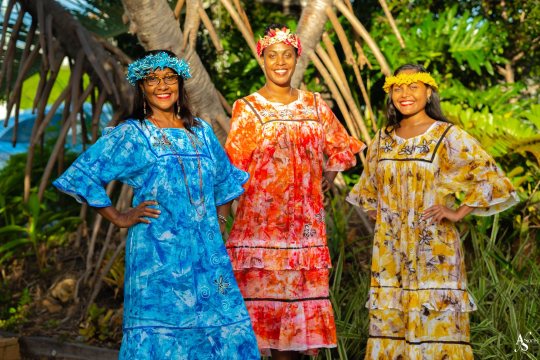
Kanak women, New Caledonia, by Pacific Fair
#kanak#new caledonia#oceania#melanesia#folk clothing#traditional clothing#traditional fashion#cultural clothing
249 notes
·
View notes
Text
France is further trying to Colonize Kanak
youtube
France has long held the territory of New Caledonia, or Kanak as its native people call it, as a colonial possession. France is now trying to pass a bill to allow French nationals to vote in New Caledonia elections in order to further marginalize the indigenous Kanak people. We need to support our colonized Kanak comrades in their struggle against French colonalism. Makes some noise spread awareness, educate others!
If anyone knows of active solidarity networks, boycott campaigns or other ways of supporting the Kanak people, pleases share them.
#Kanak#New Caledonia#colonialism#decolonization#free Kanaky#kanaky#imperialism#france#french politics#end French colonalism#oceania#president macron#macron#fuck macron#marxism#marxism leninism#Marxism Leninism Moism#anarchism#socialism#Youtube
112 notes
·
View notes
Text
I am a 100% with the people of New Caledonia. Get your independance my brothers and sisters. Get these french colonizers out and take your Land back. Just like my people did in Algeria against the french colonizers. LET'S GOOO 🇳🇨🇳🇨🇳🇨🇳🇨
#settler colonialism#colonization#colonialism#nouvelle calédonie#new caledonia#let's go#colonizers#french colonialism#free kanaks
75 notes
·
View notes
Text




HIIIII its asian and pacific islander month! im berry, a hapa lesbian artist who loves to draw ocs! you will like them. Hawai'i will be free!
72 notes
·
View notes
Text
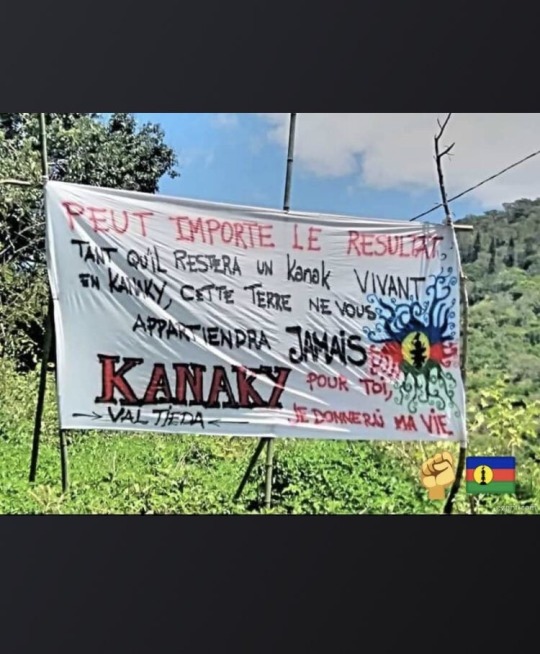
This is a sign during a protest in 2018 in Kanaky but it’s still up to date with the current situation and it applies to so many struggles against settler colonialism.
Translation: No matter the result, as long as there’s a kanak alive in Kanaky, this land will never belong to you. Kanaky, for you I would give my life.
Right now settlers are protesting harder trying to take over the land more than they already did. They are protesting calling indigenous people racists, attacking them and trying to change the voting rule so they can bring more settlers. Right now the rule is that if you or your parents didn’t have the right to vote in Kanaky in 1993 you cannot vote. It helps slowing down the impact of settlers by not giving the opportunity to settlers to just come and vote for their own interests against the interests of the indigenous people and settlers are not happy about it so they protest against Kanak people. (I’m over simplifying it cause I already made a post detailing the voting system in Kanaky (thinking about it the post might actually still be in my drafts))
Settler colonialism will end and the land will go back to indigenous people everywhere because indigenous people are fighting to take back what belongs to them.
P.S: while I’m on the topic of settler colonialism there’s good news about the resistance in Western Sahara too but I’m waiting for confirmation before sharing here.
#Kanaky#kanak#free Kanaky#settler colonialism#anti settler colonialism#new caledonia#France#French settler colonialism
52 notes
·
View notes
Text
The Long Struggle of the Kanak People
Please read this to learn more about the oppression and colonisation that the Kanak people have suffered from the French government it is important that we learn and listen to lived experiences, indigenous voices are so rarely given this platform.
Nobody is truly free until we're all free and that includes all indigenous peoples in every corner of the world! If you stand with Palestine, you stand with the Kanak peoples as well!
#kanaky#kanak#free kanaky#indigenous liberation#fuck france#french colonisation#colonisation#decolonisation#decolonization#colonization#history#resources#history resources#indigenous freedom#if you stand with palestine you stand with all indigenous peoples#stand with indigenous people#indigenous rights#france#french history#france is still an ongoing coloniser#kanaky liberation#social justic#social issues
18 notes
·
View notes
Text
Le kanaky a toujours été une terre de migrations et d’échanges, il n’y a pas de kanaks de souche.
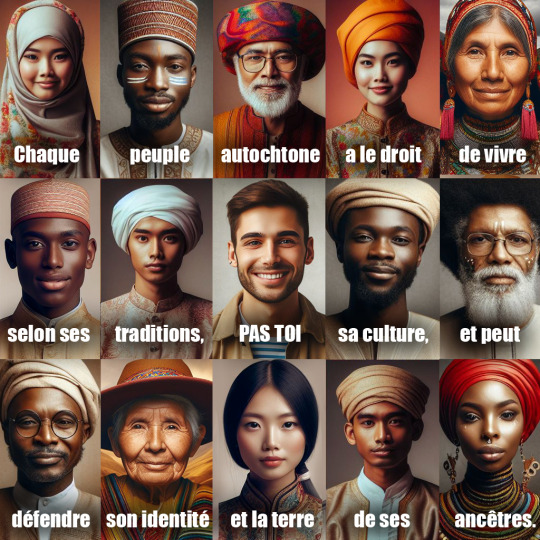
15 notes
·
View notes
Text

#kanak#kanaky#flag#nouvelle-caledonie#drapeau#peuples autochtones#stolen land#indigenous#peuples premiers
17 notes
·
View notes
Text
New Caledonia’s Kanaks: Macron is “not our president”
Electoral reforms have sparked unrest, but New Caledonia’s Kanaks say they are fighting to correct years of growing inequality, The Guardian reports.
Demonstrations in New Caledonia began on May 13 and were sparked by voting reforms proposed by the French parliament. Looting, arson and clashes have left six people dead, hundreds injured and extensive damage. The riots come amid deep concerns about inequality and New Caledonia’s long-standing efforts to achieve independence.
A 52-year-old indigenous Kanak, who gave his name as Mike, said:
The voice of local Kanaks is not being listened to.
Macron’s rushed visit was, even in the words of his own advisers, “double or quits … a bet”.
But while he sought meetings between politicians and recognised that inequality had increased, his language was also telling. Macron said:
The return of republican order is the priority.
He left New Caledonia after 18 hours on the ground, promising that the reforms that would give voting rights to tens of thousands of non-Indigenous residents would not be pushed through by force, but the situation would be reviewed again within a month.
Read more HERE

#world news#world politics#news#europe#european news#european union#eu politics#eu news#france#france news#new caledonia#french politics#emmanuel macron#president macron#kanaky#kanaks
4 notes
·
View notes
Text
So Kanaky-New Caledonia is going through the most violent times it has seen since the 1980s revolt and it's barely on the news. I'm not a local, let alone indigenous, but I'm stuck in Brisbane on my way there because the international airport of Nouméa closed, and worried indigenous friends are keeping me updated.
The Southern Province is seeing a lot of lootings and armed barricades, and two youths were killed by French special forces today.
Why? Because the French government passed a law that changes who gets to vote in Kanaky New Caledonia, from indigenous people, people born in KNC, and people who have lived there continuously since 1998, to everyone who has lived there for at least 10 years. Less than half the population is Kanak, and the strong influx of French people is shrinking their proportion even further. Immigrants who like the sun and the tropical sea but don't need that to mean that they'll learn about the cultures and the country, i.e. expats. So far, this influx was bad for the job prospects of locals and for property prices, but it didn't matter in local elections. The current government is pro-independence, a stance strongly congruent with Kanaks but not with Europeans.
This is Darmanin's and Macron's reaction to the third referendum on independence from France having failed. Darmanin called it 'a minimum of democracy'. The first two referendums were close calls and the second (51/49) more so than the first (53/46). The third was 90% against independence, which was due to a boycott of the referendum; it happened during Covid, electoral campaigns were impossible except vis TV, which is easier for the well-funded loyalists than for their opponents. Macron ignored this. The referendums were very peaceful and disciplined, but since this discipline was used by the State against the indigenous population to legitimize neo-colonialism, the current violence is not a surprise. Last time barricades were used, in the 1980s, they were very successful. We'll see what happens this time.
16 notes
·
View notes
Text

Another friendship stamp! This one is from New Caledonia (Kanaky) showing the friendship between it and New Zealand (Aotearoa).
#philately#stamp collecting#stamps#traditional clothing#new caledonia#new zealand#kanaky#aotearoa#kanak#maori#maori culture#kanak culture
10 notes
·
View notes


